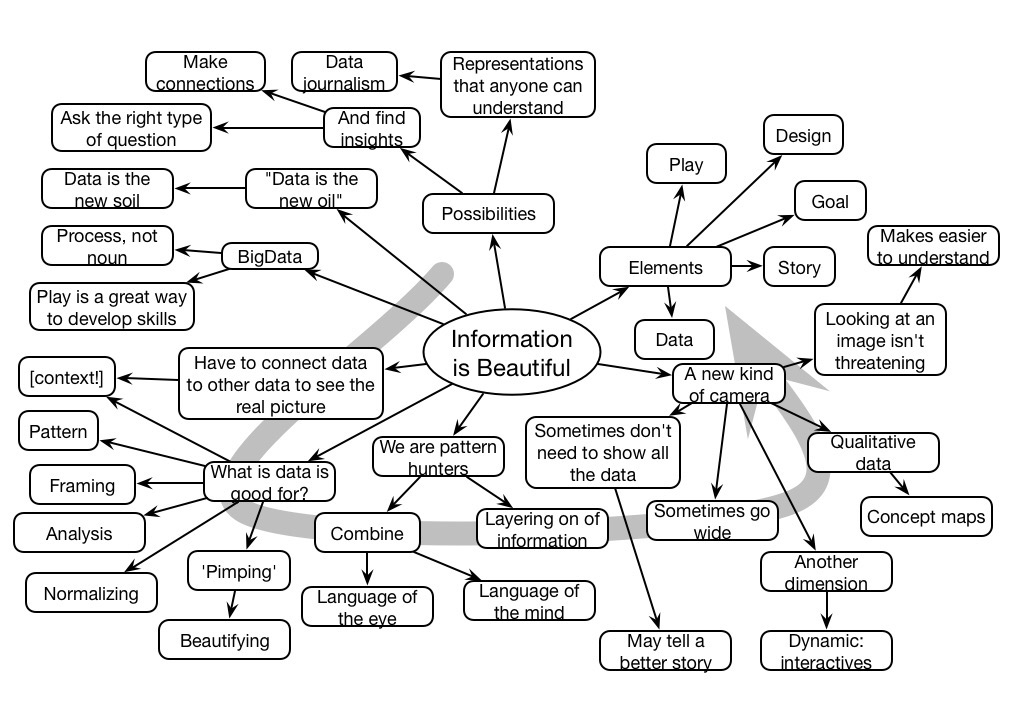It’s time for another game of Where’s Clark? As usual, I’ll be somewhat peripatetic this fall, but more broadly scoped than usual:
- First I’ll be hitting Shenzhen, China at the end of August to talk advanced mlearning for a private event.
- Then I’ll be hitting the always excellent DevLearn in Las Vegas at the end of September to run a workshop on learning science for design (you should want to attend!) and give a session on content engineering.
- At the end of October I’m down under at the Learning@Work event in Sydney to talk the Revolution.
- At the beginning of November I’ll be at LearnTech Asia in Singapore, with an impressive lineup of fellow speakers to again sing the praises of reforming L&D.
- That might seem like enough, but I’ll also be at Online Educa in Berlin at the beginning of December running an mlearning for academia workshop and seeing my ITA colleagues.
Yes, it’s quite the whirl, but with this itinerary I should be somewhere near you almost anywhere you are in the world. (Or engage me to show up at your locale!) I hope to see you at one event or another before the year is out.
